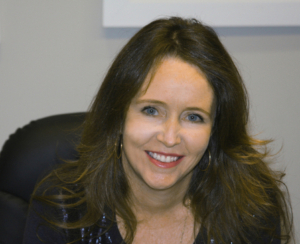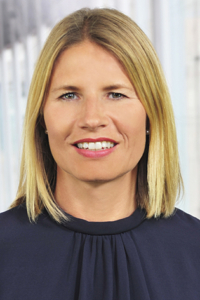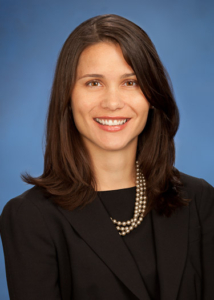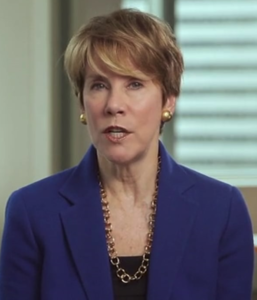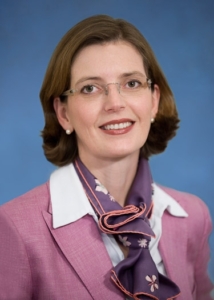Many people talk about the importance of being a good mentor, but Goldman Sachs’ Suzzanne Yao knows you also have to be a good mentee: “You have to be open to sharing your goals, asking for honest feedback and listening to those who are providing constructive advice. Tough love is just as important as words of encouragement, and you have to be willing to give consideration to the advice of those who have gone through what you’re going through,” she says.
Yao understands that some junior employees may shy away from soliciting such constructive criticism because it’s natural to seek out a pat on the back. “In some ways you’re afraid of hearing what you can improve on, but looking back I can see that the progress I’ve made has been the result of candid feedback from my mentors.”
She recommends that young women consider a mentor who will give “homework assignments” and help them proactively identify career goals.
An Exciting Time To Be An ERISA Lawyer
Yao started her career in private practice at a major New York law firm, specializing in employee benefits and ERISA (Employee Retirement Income Security Act of 1974), a federal statute that covers every aspect of employee benefits, from how to set up an employee benefit plan to how to manage its assets and pay out benefits.
After four years, she jumped at the opportunity to work at Goldman Sachs after having positive experiences advising the firm while working as a law firm associate. As an ERISA attorney at Goldman, Yao works with both internal and external stakeholders, whether it’s supporting the team that covers Goldman’s benefit plans, helping clients understand the services Goldman provides to benefit plan investors or advising on the rules that govern plan investments.
Currently, she’s focused on new regulatory initiatives in the space, including potentially evolving fiduciary rules that could fundamentally change the way products and services are provided to retirement savers.
“It’s an exciting time to be an ERISA lawyer,” she says, highlighting the interesting intersection of law and politics. “It’s rare to have the opportunity to work on something so large and important to the industry and to people saving for retirement. While most people agree on the importance of Americans saving and investing for retirement, the conversations about the fiduciary rules show how incredibly complex it is to facilitate that goal, particularly since decisions about these rules could affect people across the spectrum.”
Don’t Be Your Own Worst Critic
Yao cautions against women feeling they have to fundamentally change aspects of their personality to succeed in their careers. She says that while being self-aware is important and making adjustments to your presentation or communication styles can be very helpful, fundamentally altering your personality isn’t necessary or healthy.
She also advises against judging yourself too harshly. “We tend to be our own worst critic and sometimes we need to give ourselves a break,” she says. “Realize that even if you didn’t have a week that went as you would have hoped, the following week is your opportunity to start with a clean slate.”
Serving As a Mentor To Others
Yao has been involved in the Firmwide Asian Professionals Network for several years and currently serves as co-head of the Network. She has also served on the mentoring sub-committee of the firm’s Legal, Compliance, Internal Audit and Executive Office Women’s Network and says she met many of her mentors through these affinity networks.
“There is a good deal of overlap on issues women and Asian professionals face in terms of countering stereotypes and maximizing leadership opportunities. Over the years I’ve been able to take my experiences in the Women’s Network and apply them to the Asian Professionals Network, and vice versa,” she says.
Yao also enjoys spending time with those just beginning their career as part of the Sponsors for Educational Opportunity program, which helps underrepresented students maximize opportunities for career success. As an alumna of the program, she considers it a way to pay it forward after interning at a law firm through the program prior to starting law school. Reflecting upon the experience, Yao recognizes that this initial exposure to the legal world gave her a huge boost of confidence as she entered law school, and connected her with mentors who supported her while she was earning her law degree. “Advising junior people involved in the program gives me energy and serves as a reminder of what it’s like to be just starting out.”
Yao notes that it takes resilience and focus to achieve a long-term career and continue to feel engaged and curious after hitting the 10-year mark with the same company. “Looking back at my career thus far is rewarding because I can see all the great relationships I made along the way and how much I’ve learned and matured as a professional. People invest in you and it’s important to recognize that and do the same for others.”

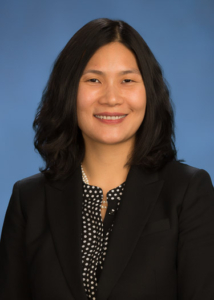

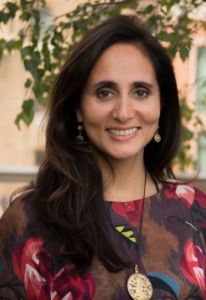
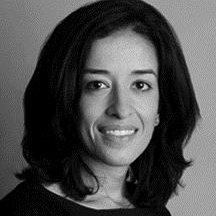
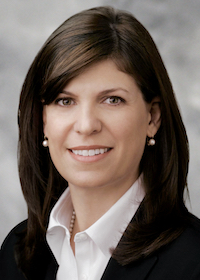 “Every individual in America — from a Rockefeller to a Jones — will face retirement,” says Barbara Reinhard. “At Voya, we can touch every American’s life, and it’s a powerful investment mission when you realize that the decisions we make will help someone realize their lifelong goals.”
“Every individual in America — from a Rockefeller to a Jones — will face retirement,” says Barbara Reinhard. “At Voya, we can touch every American’s life, and it’s a powerful investment mission when you realize that the decisions we make will help someone realize their lifelong goals.”